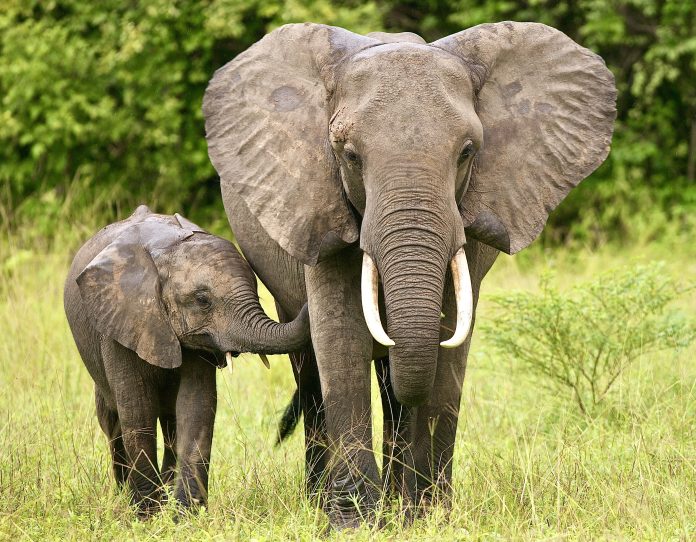
Undercover Investigation Exposes Elephant Ivory Being Illegally Sold In 20 Different Stores Throughout Florida
By Lauren Lewis
You can help all animals and our planet by choosing compassion on your plate and in your glass. #GoVeg
RELATED ARTICLES
Banning Cruelty: New Legislation Aims To Ban Octopus Farming In The U.S.
New bipartisan legislation has just been introduced in the U.S. to ban commercial octopus farming and prohibit imports of farmed octopus from foreign countries.
The...
Outrage In Yellowstone! Grizzly Bear Killed By Wildlife Officials & Left With Head & Paws Cut Off
Photo by: Trisha McFarland / Cowboy State Daily
A photo of a dead grizzly bear with its head and paws cut off has caused an...
Inside Florida’s Illegal Horse Meat Trade: Undercover Footage Shows Racehorse Being Shot & Butchered
A heart-wrenching discovery of illegal horse slaughter has emerged, with video footage exposing the tragic killing of a racehorse named 'Funny Biz,' who was...
Popular stories
News
Breaking! Mass Stranding In New Zealand Results In The Tragic Loss Of 97 Pilot Whales & 3 Dolphins
Photo by: Biodiversity Ranger Jemma Welch, New Zealand Department of Conservation
The New Zealand Department of Conservation (DOC) reported the tragic news last week that...
Industry News
Zhang Guozhu & Ding Wei From Mainland China Sentenced To Jail For Smuggling 100kg Of Pangolin Scales Into Hong Kong
Yesterday, a Hong Kong court sentenced two mainland Chinese men to jail for trafficking 100kg of pangolin scales.
While the names of the smugglers were...
International News
Breaking! After 19 Days Trapped In Japan’s Infamous ‘Cove,’ Young Minke Whale Brutally Killed By Taiji Fishermen
Minke whale caught in fishing nets, Taiji, Japan. Photo from LIA/Dolphin Project
It is with heavy hearts that WAN shares the tragic news that an...


